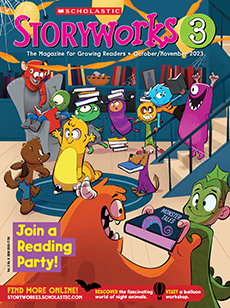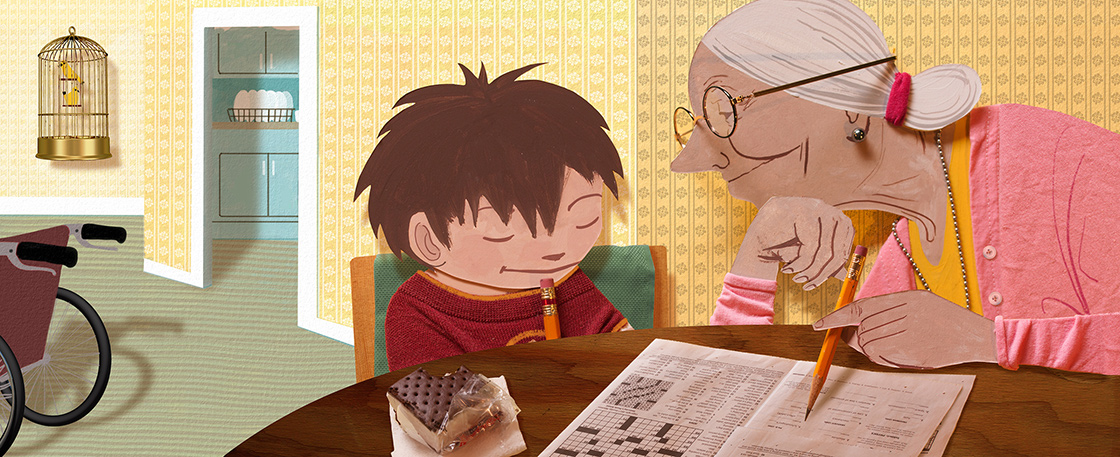Max Welling had been building his robot, Walter, in secret for months.
Max was able to build Walter because his father ran a repair shop. His dad worked on old computers, TVs, toasters, and clocks. The family’s basement at home was full of extra odds and ends. Max would rummage through them and sneak things into his room. A piece here. A part there. Finally, Walter the robot was ready for action!
Max had finished Walter just in time. His father needed to sell the repair shop soon. It was struggling. People were buying new things, not fixing broken ones. His father was taking college classes at night so that he’d be able to find new work. Meanwhile, his mom had started a full-time job. With both of his parents so busy, Max had to help out more at home. He didn’t like that idea, but he had a plan. Walter could help.

